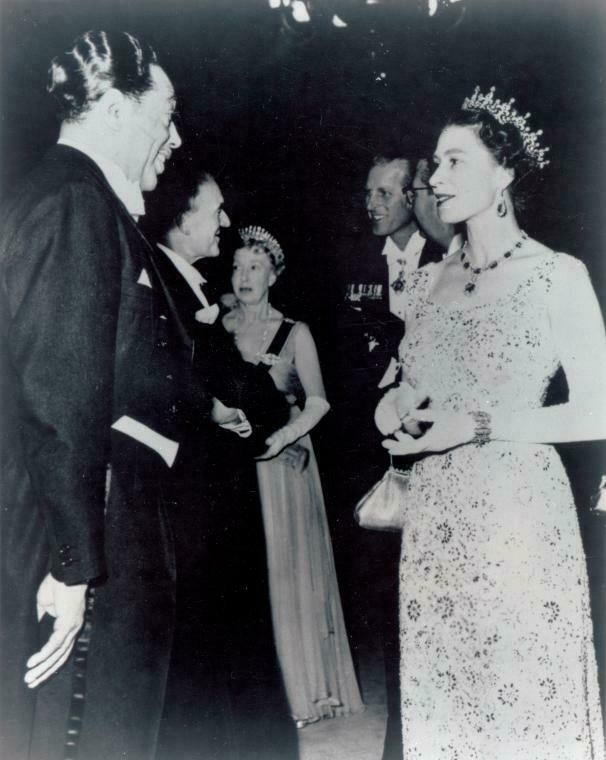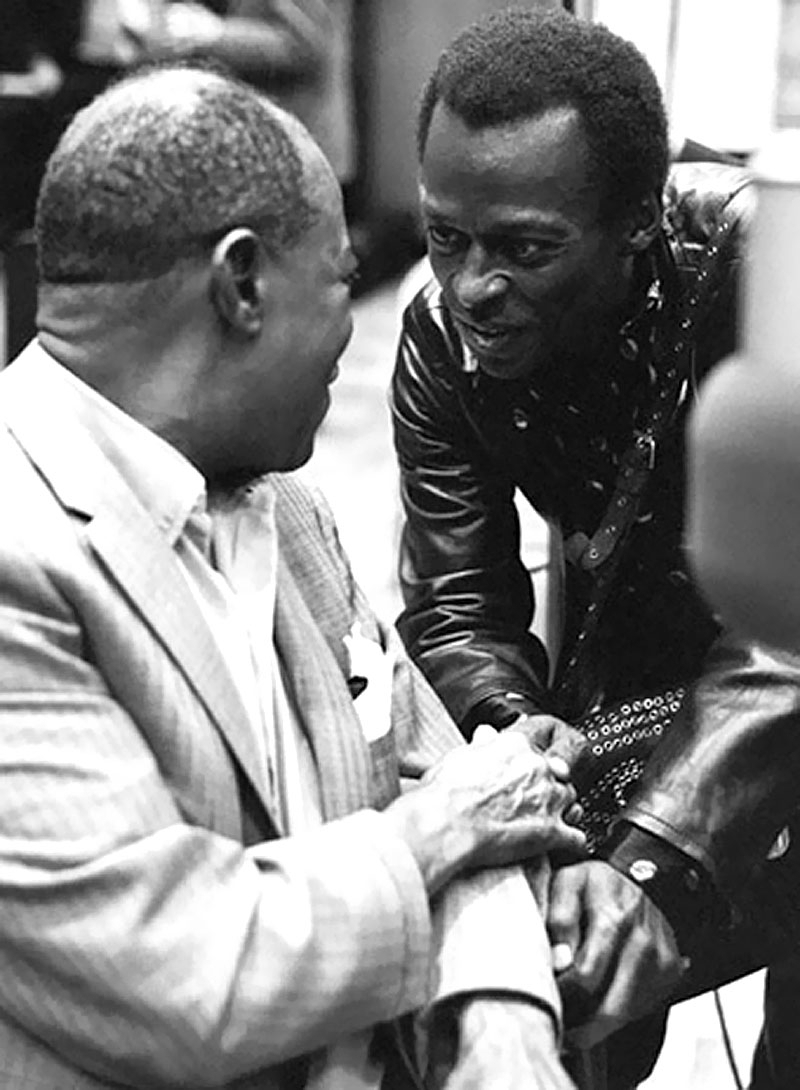A brief hello before resuming my Lenten silence.

Gonna be largely offline for the rest of February — see y’all in March!
Class Notes: Two Renewals
In my Christian Renaissance of the Twentieth Century class, we’re reading, back-to-back, passages from Jacques Maritain’s Art and Scholasticism (1920) and Karl Barth’s 1922 lecture “The Word of God and the Task of Theology” (reprinted in this excellent collection of writings by Barth, edited by Keith Johnson). It’s interesting to compare these two vital figures, because their tasks are in some ways quite different but in other ways very similar.
It is noteworthy, first of all, that Maritain and Barth, born just four years apart, grew up in a generally liberal Protestant world, a mild environment in which pietism and evangelicalism were either embarrassing or totally unknown, and Catholicism known but alien and unthinkable.
Barth’s lecture was given in response to critics of his great commentary on Romans, and is basically a defense of his “dialectical” method against the gentle anthropological pieties of liberal Protestantism. He wants German Protestants to realize that their project is doomed: it is neither fish nor foul, neither fully Christian nor fully secular; it is mealy-mouthed, tepid, timorous. Nietzsche had made the same point several decades earlier in his evisceration of David Strauss, but Nietzsche wanted the pastors and theologians to cast aside the last vestiges of supernaturalism and move forward boldly into a world freed from the “slave morality” of Christianity. (This move forward is also a move backward in the sense that Nietzsche wants to draw on the energies of a long-marginalized paganism, a paganism ripe for renewal and a final victory over Jewish and Jewish-inspired thought.)
Barth also wants theology to move both forward and backward: forward fearlessly into a modernity which has no time for warmed-over moralism, and backward to reclaim the radical and essential insights of Luther and Calvin. We have to be as fearless as Luther and Calvin, he thought, if we are to speak convincingly to the watered-down world liberal Protestantism had (largely inadvertently) created.
Maritain’s challenge to his readers is similar in that he believes that figures from the Christian past, especially Thomas Aquinas, speak to modernity more powerfully and effectually than any self-proclaimed “modernist” theologian or priest possibly could. But in another sense he has a very different problem than Barth — and the problem arises largely because Maritain is interested in the renewal of art.
Once he became a Catholic, Maritain entered a church that for the previous century had not been following the liberal Protestant line of cultural accommodation — reconciling itself to its cultured despisers — but rather had been doing something like the opposite: insulating itself, protecting itself, from modernity. Thus the famous last item in Pio Nono’s Syllabus of Errors: “The Roman Pontiff can, and ought to, reconcile himself, and come to terms with progress, liberalism and modern civilization.” (Pio Nono: Nope.)
For Maritain this is in one essential sense vitally correct, indeed necessary to the survival of Catholicism. But Maritain knows that however necessary such self-protection may be, it can lead to a generalized prejudice against the new and different. So in this little book he takes pains to insist that even by the standards we acquire through the study of medieval Scholastic thought, Stravinsky and Satie are outstanding composers whose music is worth our most serious attention. (He struggles a bit with certain visual artists, and I may do a post on that.)
So, in short: Barth wants to lead liberal Protestantism away from an accommodationist tendency that had become sheer cultural capitulation, while Maritain wants to lead orthodox Catholicism away from its tendency to mere reaction against the new, to reflexive revulsion. But both of them think that the cure for the intellectual diseases of their ecclesial communities is: Ad fontes! Back to the sources!
When Brad East asks his students what, when they visit a church, they expect to see, one of them said: “Lights.” I.e., a tech-church show.
Kinda thinking that this wireless diagnostics report that’s been running on my Mac for 10 hours is unlikely to finish. (All of a sudden my Mac, and only my Mac, has stopped connecting to my home network. What joy.)
Arthur Aghajanian: “The statues of Armenia’s cultural giants embody a distinctive form of heroism characterized by creative acts as forms of rebellion. This suggests another, better way: not dominance but imagination. Thus, its men of stone and bronze highlight the sociopolitical and spiritual dimensions of the creative act. At its best, a Christian vision might imagine statues of prominent Americans the same way. Commemorating not just achievement, but also creative resistance to systems of power.”
Terry Teachout and the Last of the Conservative Critics | The Nation:
But Teachout, whose natural inclination was toward equanimity and collegiality, perhaps never fully confronted the politics of his conservative peers. Unlike Didion and Wills, Teachout never stopped writing for National Review. His review of a biography of Graham Greene ran in the magazine last year — a magazine that is no longer that of the Goldwater or Reagan right but one that that seems to have settled on a position of being anti-anti-Trump. Not only that, but Teachout eschewed a larger reckoning with the question of how Trump took over the GOP so quickly. It would have been a major contribution for a writer of Teachout’s caliber to make an inquiry into how the right had gone haywire, but he never made the effort.
Why should Teachout have made that effort? He “eschewed” political controversy so he could write about the things he most cared about: the arts. Seems a reasonable decision to me, and one I wish more writers made. There aren’t enough writers who are conservative in Teachout’s mode.
(Teachout was a terrific writer in so many ways, but I must pause to note that the one great outlier in his body of work was his absurdly unfair, tendentious, and just plain hostile biography of Duke Ellington. I’ve never understood his attitude towards the Duke. Ethan Iverson’s detailed critique of the biography, mentioned in the Nation essay, is very good, and is usefully supplemented by an equally detailed response by the Duke’s nephew.)
They traded a few lines and harmonized beautifully on the chorus — her tone opalescent, his bringing some grit — but Combs never overshadowed Chapman. He knew that in that moment, no one could. Something about the way he looked at her said it all: His eyes shone with irrepressible respect. Here was a grown man, an assured performer who sells out stadiums, visibly trembling before the sight and the sound of the folk singer Tracy Chapman. […]
The song, during Chapman and Combs’s five-minute performance, felt incredibly spacious — larger than the limitations of genre, welcoming and expansive enough to hold every single person it had ever touched, regardless of the markers of identity that so often divide us. It was a rare reminder of music’s unique ability to obliterate external differences. “Fast Car” is about something more internal and universal. It is a song about the wants and needs that make us human: the desire to be happy, to be loved, to be free.
I dunno, maybe I’m an aging sentimentalist, but … the Tracy Chapman / Luke Combs duet last night feels like A Moment. It feels like an opportunity to say We don’t have to play this game we’ve been playing. Something better is here if we want to take hold of it. Lord, may it be so.

It’s been more than a decade since I’ve visited The Cloisters — that’s gotta change soon.

Ben Werdmuller on Arc Search: “A world where everyone uses an app like this is a death spiral to an information desert.”
Ceci N'est Pas une Current-Events Post
No no no, this is not at all about a current controversy. Hang in there, you’ll see what I mean.
Recently some people — including grifters, but also a few people who want to have a reputation for responsible thinking and writing — have been promoting a re-interpretation of the death of George Floyd, an alternative account in which Derek Chauvin is not guilty of murder. So Radley Balko looked into the matter, and … well, as far as I can tell, after Radley has done his thing there’s not much left of the revisionist case.
Let me correct that: there’s nothing left of the revisionist case.
But I’m not writing here to refute that case, or rejoice in its refutation. I’m writing because if you read Balko’s piece you’ll see what it takes to do something like this the right way. It requires persistence, patience, extreme attentiveness, and the willingness to turn over every stone. Read that piece and you’ll see that Balko has studied the materials that the revisionists have never bothered to look at: he’s read police-procedure manuals — not just current ones, but also older ones, and has noted the changes from one to another; he’s watched police training videos; he’s surveyed court documents, and shared illustrations that were provided in court testimony, as well as the associated verbal testimony; he’s looked into the history of Minneapolis police actions against black members of the community; he’s watched with minute scrutiny the documentary that has made the revisionist claim popular, and has found the hidden seams in the presentation. Basically, he has done it all.
It’s hard to find journalists as thorough as Balko has been here — and in many other writings over the years — because journalists know that almost no one cares. Well more than 99% of readers/viewers/listeners have one question about a work of journalism: Does it or does it not confirm the views I already have about this case? That is all they know on earth, and all they (think they) need know. But if you’re one of the <1% who care about the truth, a journalist like Radley Balko is an invaluable resource.
And not just because he’ll help you find out what really happened — no, there’s another benefit to reading pieces like this one. It’ll will help you to a better understanding of where, when, and how other journalists (or “journalists”) cut corners. You’ll see the very particular consequences of motivated reasoning: selective attention, question-begging, concealment of evidence, faulty logic of every variety. And that’s an education in itself, whether you care about the particular case at hand or not.
The Queen and the Duke ♫

Miles and Pops ♫





